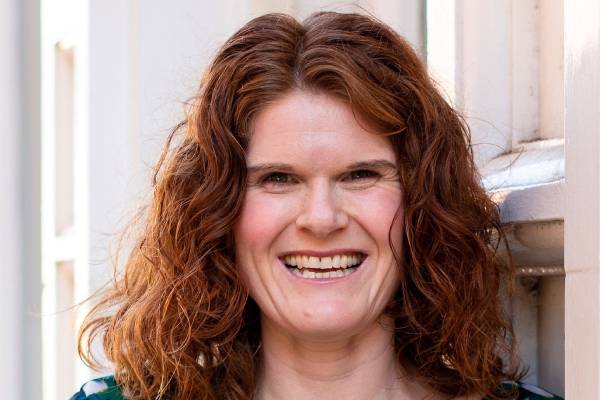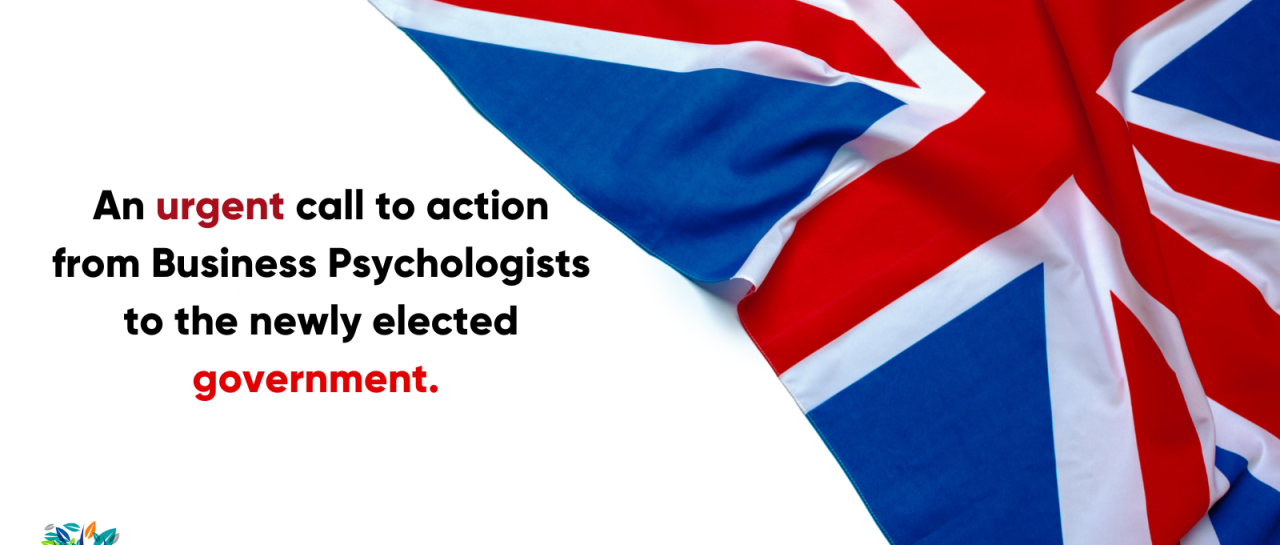Authored by Certified Business Psychologist Laura Howard. Certified Business Psychologist, Laura Howard, reflects on the webinar she recently delivered to ABP members. Below she outlines the main findings of her published research uncovering systematic barriers women face when being authentic as leaders. Importantly, she gives…

Most of you reading this have either qualified in a psychometric assessment or completed one, or did both. And sometimes one feels that these acronyms, numbers, colours as representations of our personalities have been done to the N’th degree.
But things have been afoot in the world of personality psychology, especially in the last decade or so which makes it worth to have another look at the current landscape. So let us take a whirlwind tour on what is cool and shiny…. And valid, let’s not forget the good reliability and validity but that will require me to make you a cup of coffee………
First off is how measure the construct of personality, though the good old self report and 360 are still part of the day to day, new methodologies also appeared such as Gamifications, or big data analysis of things like twitter feeds to detect your personality. Though with all these different methodologies the question are they all measuring the same construct of “Personality”? Also, some new methodologies also raise new ethical questions for our profession to deal with, as well as in this sea of data not to lose the appreciation of the individuals that are behind it.
Ok so what about Personality Science, it is funny but we sometimes forget that as well as the marketing of particular tools and publishers there is a whole science dedicated to better understanding of personality, and there are 1000’s of peer reviewed articles that are being published on the subject every year. So we advance our knowledge of human personality, and sometimes animal too, one research, one article, one conference paper…. (well you get the gist) at a time. So, though the Golden number in Personality is now the BIG 5… it might be BIG 6 in a few years time or even a BIG 8 or we will go to 3… who knows, that’s the beauty of science as our exploration progresses our understanding and models should progress with it.
Another exciting things that research has been investigating and incorporating is the dynamic aspect of personality, the days of “Personality is fixed in Plaster” sentiment is quickly going away and a more interesting dynamic perspective is emerging. So now it makes it far more productive to actually work with personality as part of development and coaching such as if it something you can grow and develop, well that gives you and the client more agency than being a statue set in marble… I mean plaster. And we are developing a more nuanced understanding of how personality influences behaviour through the interplay of “Situational Strenghts” and “Personality Strength”. If you are interested in the subject of personality dynamics, there are some recommended articles and videos below.
But then the question becomes what about the role of using personality in selection, if we can develop our personalities to an extent, how can this be factored in to use of personality as part of selection? Also if we install cut-off scores and ranges of personality scores as part of selection, what is the long term impact on the diversity of personality within the organisation, and what impact it would have on diversity of ideas and perspectives? These are some of the interesting questions that are now being looked in, and we shall see what will be the result of this.
Another aspect that is worth mentioning is how technology is allowing us to use that psychometric data. For example the visualisation via dashboards of personality data for teams, departments and even whole companies is an interesting one, and what can be done with it, such as seeing the impact on diversity of particular selection practices. Another way is technology is helping to develop tools that individuals can use to better understand themselves and how to develop their personalities through digital “coaching” tools, there also apps appearing that allow one to scan others and see how their personalities will interact and how they can meet each other half way.
And last but not least there is more and more interest in the world of personality assessments, and with this come more resource that are appearing, be it audiobooks, YouTube videos, podcast etc… Same as personality assessments, some of those sources are more reliable and valid than others but this growing interest is still a welcome sign in hopefully more people being more curious about themselves and others and maybe being a bit more understanding and appreciating our individual differences that we all share.
Additional resources:
If you are interest to see what the academics been up to as far as personality dynamics:
Recently we did a 5 lecture course on personality and uploaded it on youtube.
History of personality assessments https://youtu.be/3J-bN8rx688
Dynamics of personality https://youtu.be/STLDvLlI02s
Using personality as part of coaching https://youtu.be/EbIqPwABUrs
Personality & relationships https://youtu.be/834eQckkLb4
Personality and change https://youtu.be/p3prGRxwpqo
And here area. Few academic articles which might be of interest:
Judge, T. A., Simon, L. S., Hurst, C., & Kelley, K. (2014). What I experienced yesterday is who I am today: Relationship of work motivations and behaviors to within-individual variation in the five-factor model of personality. Journal of Applied Psychology, 99(2), 199.
Judge, T. A., & Zapata, C. P. (2015). The person–situation debate revisited: Effect of situation strength and trait activation on the validity of the Big Five personality traits in predicting job performance. Academy of Management Journal, 58(4), 1149-1179.
DeYoung, C. G. (2015). Cybernetic big five theory. Journal of research in personality, 56, 33-58.
Quirin, M., Robinson, M. D., Rauthmann, J. F., Kuhl, J., Read, S. J., Tops, M., & DeYoung, C. G. (2020). The dynamics of personality approach (DPA): 20 tenets for uncovering the causal mechanisms of personality. European Journal of Personality, 34(6), 947-968.
My name is Nikita and I am a Psychometrician and a member of the British Psychological Society and the Association for Business Psychology. I love to work in collaboration with professionals from different fields in order to better share the goodness of psychology with the world. My particular interest lies in how a better understanding of personality and individual difference can inform not only selection and development decisions, but our relationships and even office design. I have the pleasure to work with a variety of clients from Fortune 500 companies to individuals and couples. And if you ever want to geek out about personality psychology, always happy to chat.
I recently started to compile a list of my favourite resources on the subject



